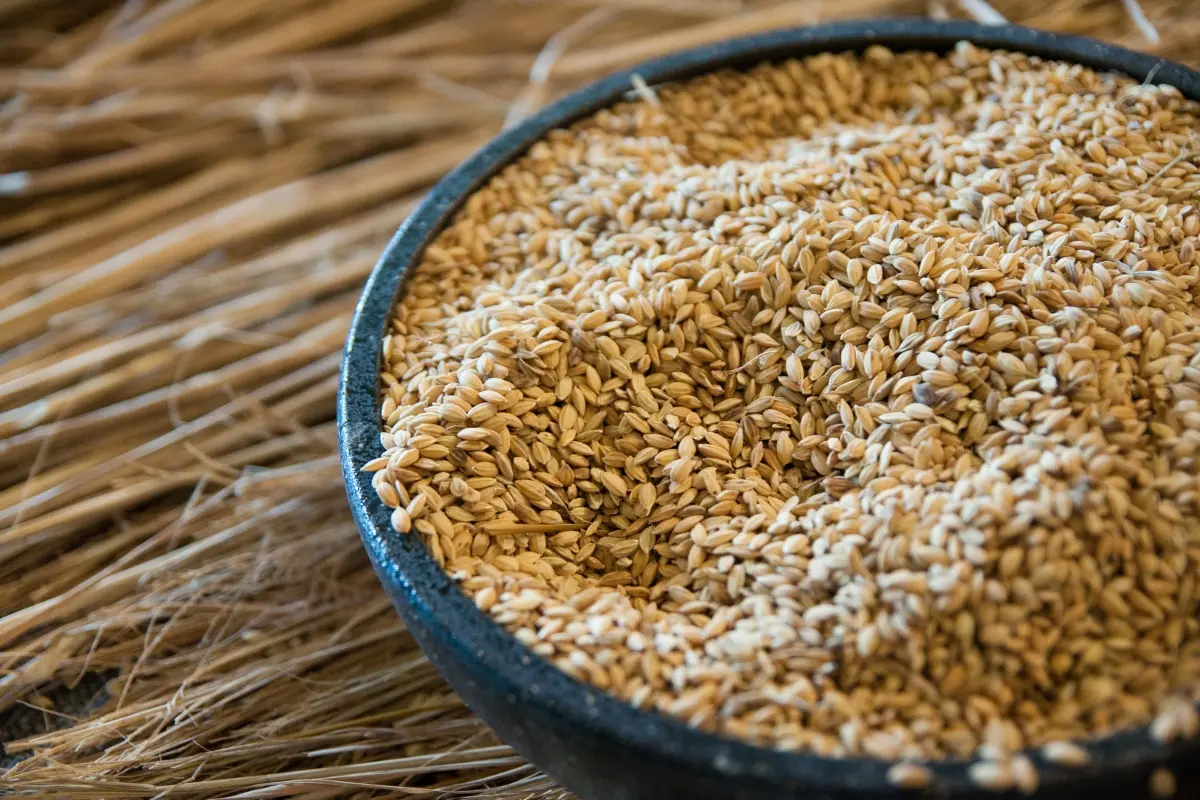
Rice. Tricyclazole: European Parliament votes against increasing the limits
Strasbourg challenges the EU Commission: risks to citizens' health and free market

By a very large majority, the European Parliament urged the European Commission to withdraw the proposal to increase the residue limits for tricyclazole in rice. Banned in the European Union, tricyclazole is however used in numerous Asian countries (India, Pakistan, Vietnam, Myanmar and Cambodia, from which Italy imported 150 thousand tonnes of rice in the first three quarters of 2023) and Latin Americans.
The European Parliament claims that the Commission's proposed regulation does not respect the commitments undertaken to safeguard competitiveness in the EU market and consumer safety, resulting in significant impacts on consumers themselves, on farmers and, in general, on the entire agri-food sector , violating the precautionary and reciprocity principles, under which tricyclazole was banned in the EU.
The vote of the European Parliament was welcomed positively by italian organization of direct farmers Coldiretti, who, in this regard, recalls the lack of support in the EU Council last May "which must now lead - we read in a note - the EU Commission to immediately withdraw the proposal to increase the limit for residues of tricyclazole in rice from 0.01 to 0.09 mg/kg".
According to Coldiretti, the vote against tricyclazole in rice is "a first step towards respecting the principle of reciprocity in Europe so that all products entering national and European borders respect the same criteria, guaranteeing that behind the food, Italians and foreigners, for sale on the shelves there is a similar quality path that concerns the environment, work and health".
EFA News - European Food Agency